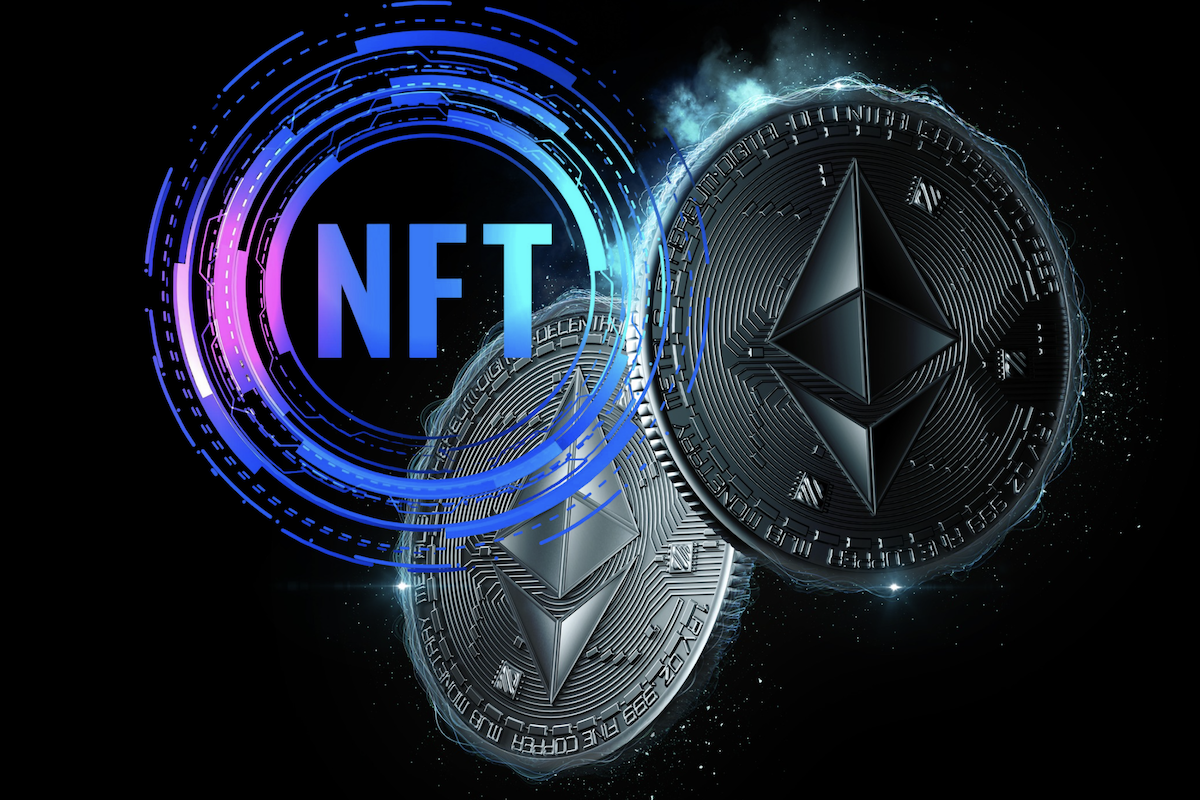How Is Apple Embracing the World of NFTs
With marketplaces like the Apple App Store now embracing web3, it’s time tofind out just how worthwhile investing in NFTs could be for you.

Web3 is the revolutionary new version of the worldwide web. It is built on the rapid growth of blockchain technologies and token-based assets.
For people who want to buy, sell, and create digital-based assets, non-fungible tokens (NFTs) are the real MVPs of this new era. They allow you to verify ownership and sell assets to investors in a straightforward, accessible way.
With NFTs’ surge in popularity, it’s no surprise that marketplaces are keen to get in on the action. But this opens up some concerns for investors and developers alike.
Not only are more hackers likely to launch attacks on NFT collections, but recent policy changes in marketplaces like Apple are regulating the industry, too.
So, what do you need to know about these changes? And more importantly, how can you protect yourself and your assets?
What are the updates to the NTF policies on the App Store?
While marketplaces embracing NFTs can make investing more accessible, they have some drawbacks. Marketplaces like the Apple App Store are notorious for imposing strict rules to control industries on the platform.
They’re especially keen on new-age token-based economies like NFTs. In 2022, Apple changed its app policies to include all web3 technologies. Some of these steps are welcomed, while others may seem restrictive to developers.
For instance, investors and developers can mint, list, or transfer NFTs freely across the Apple ecosystem. This welcome policy aims to ensure a healthy economy builds across the platform.
That said, the policy changes do have some restrictions for developers. Apps cannot contain links, call-to-actions, or buttons that lead users off the app store to purchase NFTs.
This prevents developers from using alternative payment methods to sell digital assets. As such, all NFT transactions on the Apple store are subject to the standard 30% Apple fee.
The biggest NFT scams to be aware of
Perhaps the biggest change arising from Apple’s policy updates is the attention it’s brought to token-based economies.
Criminals are now targeting investors and sellers through major scams worldwide. Below are just two of the most common scams to be aware of:
Phishing scams
Phishing is one of the most common cyberattacks worldwide. This is when a hacker pretends to be someone or something trustworthy. They will gain your trust only to deceive you into compromising your security, such as by clicking a malicious link and downloading malware.
NFT phishing scams have become a major concern for industry investors. For example, over $691,000 was lost in 2023 when Vitalik Buterin’s social media account was hacked.
Buterin, the co-founder of blockchain Ethereum, is a major influencer in the web3 community. Hackers shared phishing links on his account that tricked followers into linking their blockchain wallets to the hacker.
Rug-pull scams
A rug pull scam occurs when an NFT developer creates a lot of hype over their new collection, usually on social media and online communities. They promise highly lucrative rewards for early investors who fund the project.
Once they get enough investment, the developer disappears without a trace. In 2021, over 10,000 NFTs known as “Evolved Apes” effectively disappeared one week after launch. The move cost investors collectively over $2.7 million.
The best ways to protect yourself from NFT scams and attacks
Like all things digital, there are ways to protect your NFTs from criminals online. Below are two of the easiest and most effective measures.
Secure all your logins and activate two-factor authentication (2FA)
Passwords are the cornerstone of cybersecurity, especially when buying and selling NFTs. A strong password can repel many amateur cyberattacks.
Aim to use at least 12 to 16 characters to create a strong password. Mix lower- and uppercase letters, numbers, and symbols to add complexity. Avoid using personal information, common phrases, or repeating passwords between accounts.
You should also add 2FA to your wallet logins. This feature asks the person logging in to verify their identity a second time, usually using a single-use security code or biometric login (fingerprint or facial recognition).
Use a virtual private network (VPN)
A VPN is a versatile cybersecurity tool that offers protection against various online scams, attacks and privacy issues. It encrypts your internet connection by sending traffic through a secured tunnel.
This protects your privacy and also guarantees your anonymity. With a VPN, you can research, buy, and sell NFTs with total peace of mind, knowing that no one can monitor your activity.
Best of all, a VPN can protect many devices and smart appliances. This makes your home and workplace impenetrable to hackers. For example, a VPN for Apple TV can secure your smart TV and any linked devices. Sensitive information like your IP address and login information will be kept secure.
The final word
With over 650 million weekly users, the inclusion of NFTs in the Apple App Store is set to bring a lot of attention to web3 industries. As such, it’s an exciting time to create, buy and sell digital assets.
But with any investment, it’s important to be cautious. Many NFT scams exist to defraud people of their money. Practicing cyber hygiene and using cybersecurity tools can help remove this element of risk from your investment plans.
Featured Image: Depositphotos





